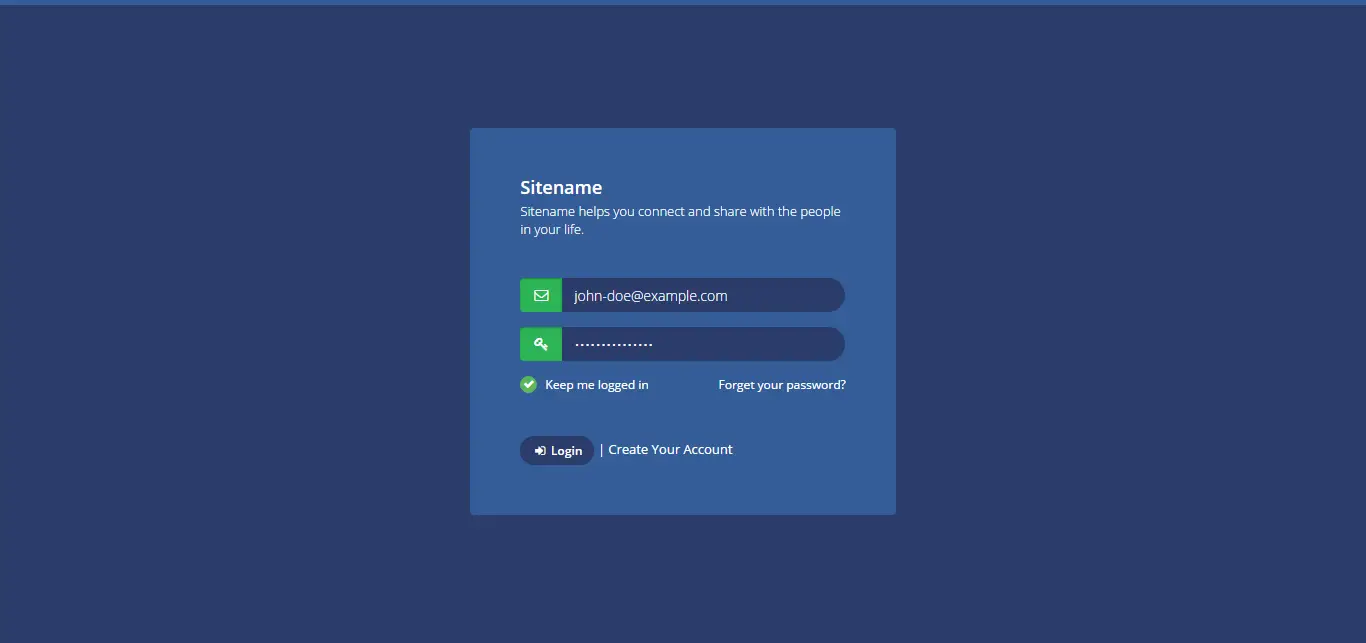How to convert char to int in C#
By Tan Lee Published on Feb 04, 2025 432
There are several ways to convert a char to an int:
Use char.GetNumericValue()
The char.GetNumericValue() method converts a char into a double, which you can then cast to an int.
int one = (int)char.GetNumericValue('1');
int three = (int)char.GetNumericValue('3');This converts '1' and '3' into integers 1 and 3 respectively.
If the char cannot be converted to a number, char.GetNumericValue() will return -1.
char input = 'z';
var number = char.GetNumericValue(input);
if (number == -1)
{
Console.WriteLine($"'{input}' is not a number");
}This will output:
'z' is not a number
The method also works for fraction characters, returning their numeric value as a double.
char input = '¼'; var number = Char.GetNumericValue(input); Console.WriteLine(number); // 0.25
Subtract '0' from the char
One of the fastest ways to convert a char to an int is by subtracting '0' from it.
int one = '1' - '0'; int eight = '8' - '0';
This works because each digit from '0' to '9' has a consecutive ASCII value (from 48 to 57). When you subtract '0', you are essentially subtracting the ASCII value of '0' (48), which results in the digit’s numeric value.
For example:
'1' has an ASCII value of 49, and '0' has 48, so '1' - '0' = 49 - 48 = 1.
While this is the most efficient method, it’s not as clear what’s happening behind the scenes. For non-numeric characters, you may get unexpected results. For example, 'a' - '0' would result in 49.
To avoid errors, it’s best to check whether the character is a digit before performing the subtraction:
char input = 'a';
if (char.IsDigit(input))
{
int number = input - '0';
// Use number
}
else
{
Console.WriteLine($"'{input}' is not a number");
}This outputs:
'a' is not a number
Use int.Parse() or int.TryParse()
You can also use int.Parse() to convert a char to an int, though it requires converting the char to a string first.
char input = '4'; int number = int.Parse(input.ToString());
This converts the char '4' to the integer 4.
For example, Using int.TryParse() to handle errors:
int.Parse() throws an exception if it can't convert the string. To safely handle this, you can use int.TryParse(), which returns a boolean indicating success or failure:
char input = 'x';
if (!int.TryParse(input.ToString(), out int number))
{
Console.WriteLine($"'{input}' is not a number");
}This will output:
'x' is not a number
Performance Comparison
A quick performance test on three approaches shows that subtracting '0' is the fastest method, followed by char.GetNumericValue(), and int.Parse() is the slowest. Here's a summary:
Input size: 1k
GetNumericValueavg = 0.009msIntParseavg = 0.038msSubtract '0'avg = 0.006ms
Input size: 10k
GetNumericValueavg = 0.09msIntParseavg = 0.32msSubtract '0'avg = 0.04ms
Input size: 100k
GetNumericValueavg = 1.18msIntParseavg = 2.75msSubtract '0'avg = 0.51ms
In summary, all methods are useful depending on your needs, but Subtract '0' offers the best performance. However, if clarity is your priority, using char.GetNumericValue() or int.TryParse() is recommended.





